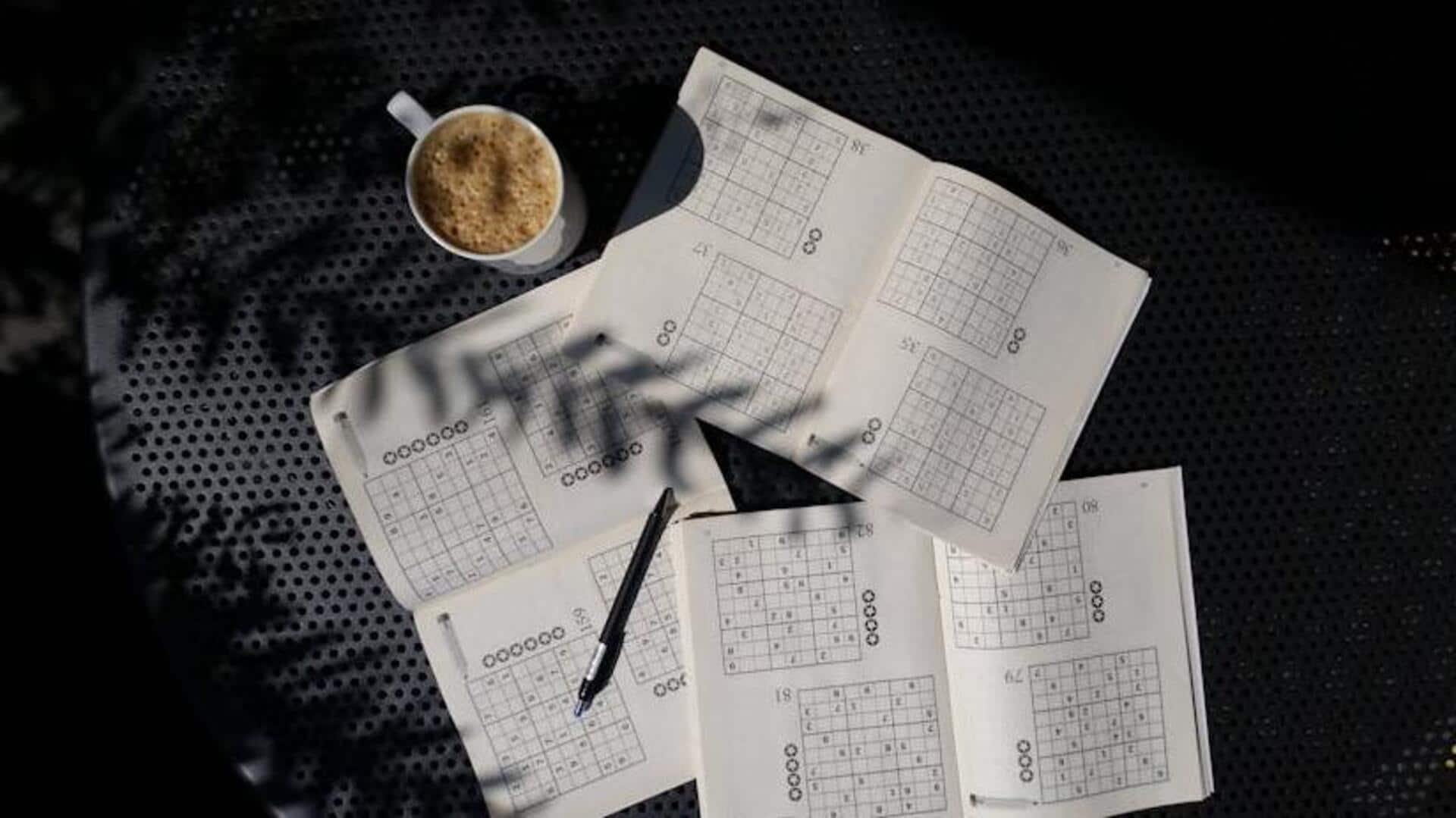
Organizing a fun Sudoku puzzle competition event
What's the story
Hosting a fun Sudoku puzzle competition is a great way to connect with friends, family, or the community. This article offers practical advice on how to plan and run a successful event that appeals to both novice and experienced puzzle solvers. From choosing the right puzzles to managing the competition flow, these tips will help you create a fun and challenging experience for all participants.
Selection
Choosing the right puzzles
Choosing puzzles with a range of difficulty levels is important to ensure everyone is included. Have at least three tiers: easy for novices, medium for intermediates, and hard for veterans. Make sure the puzzles come from reputable creators. This way, you ensure fairness and quality. It's always good to have a few extra puzzles ready. They can be used in case of disputes or to break ties.
Venue
Setting up the venue
The right venue can make or break your event. A peaceful, well-lit room with plenty of table space is key. Libraries, community centers, or school halls are great options. Ensure there's comfortable seating arranged to discourage cheating but still foster a sense of ease throughout the event. Don't forget about accessibility; everyone who wants to come should be able to!
Atmosphere
Creating an engaging atmosphere
Although Sudoku is typically a quiet activity, a lively environment makes the experience more enjoyable. Soft background music can create a relaxing atmosphere, helping participants focus without distracting them from their puzzles. Thematic decorations, like number balloons or puzzle pieces, can make the venue visually exciting and build anticipation for the competition.
Rules
Establishing clear rules and guidelines
Setting clear rules before the competition begins is crucial for a fair and enjoyable event. Determine reasonable time limits for each round depending on the puzzle difficulty and make sure all participants know how they will be judged—usually on both speed and accuracy. Also establish grounds for disqualification like using external resources or cheating off others. Giving everyone a written copy of the rules can prevent disputes during the event.
Prizes
Offering prizes and recognition
Prizes create a sense of anticipation and drive for the contestants. They don't need to be costly—even certificates, book vouchers, or fun, homemade trophies can be special awards for the winners in each category. Plus, recognizing everyone's effort with small items like bookmarks or stickers fosters a sense of inclusion and ensures no one leaves empty-handed.